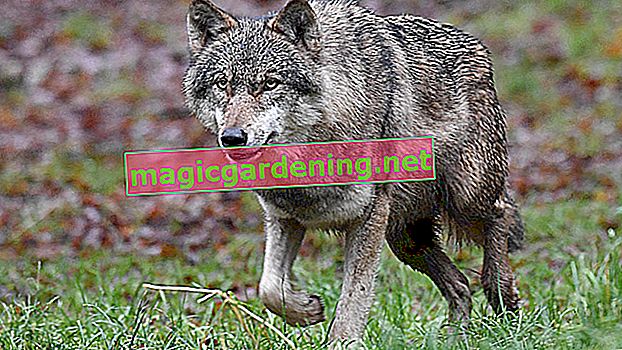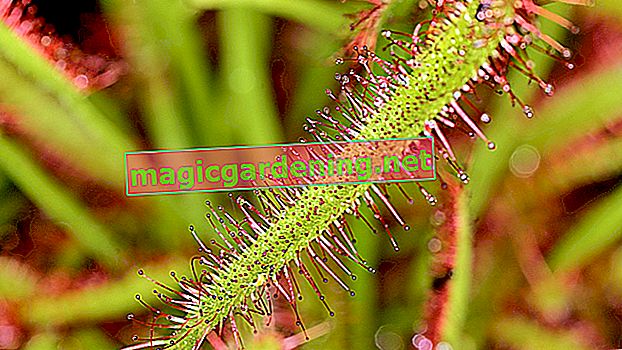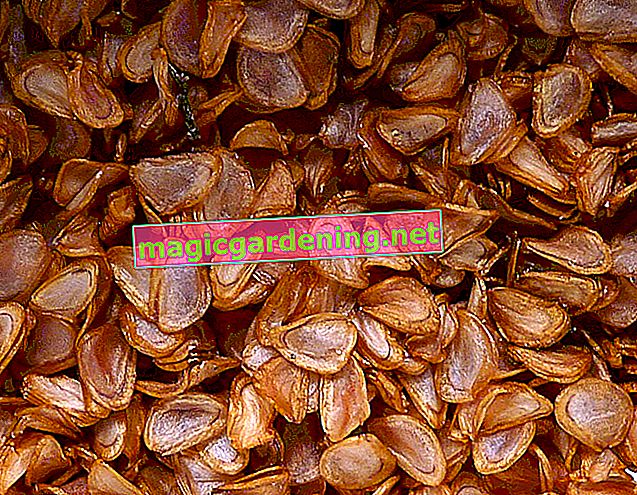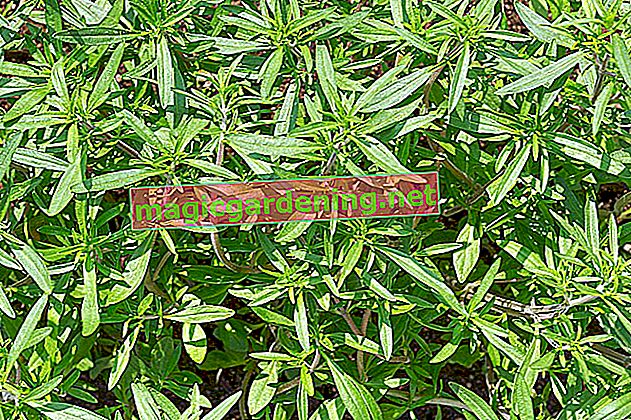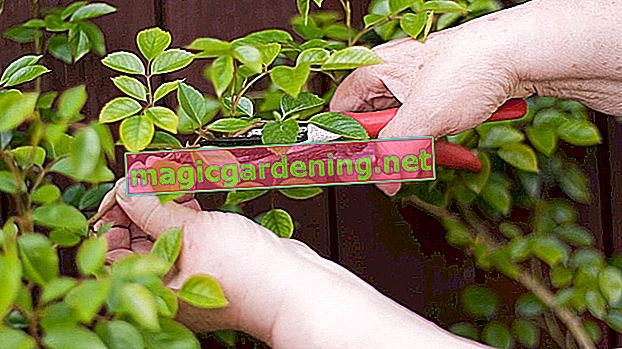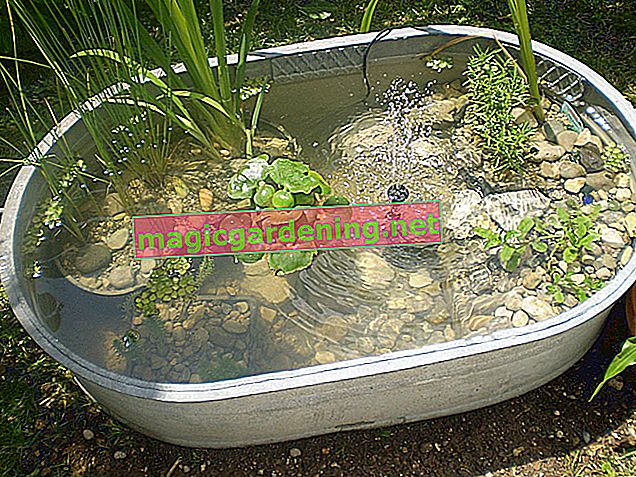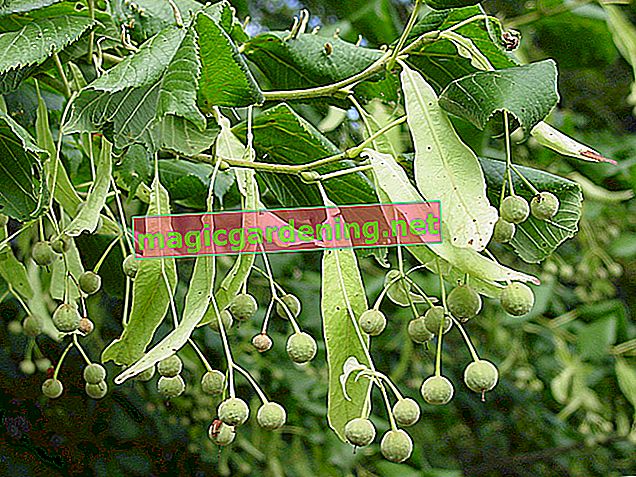
What the linden tree offers us
The linden is one of the most popular trees - with its role as a meeting center on village squares, as an avenue border or as a light source of shade in parks and gardens, it has always been a loyal companion to people. Its lovely smelling flowers, which appear from May to July, are also a sensual and healing gift from the linden tree - it can be used to make a tasty, cold-relieving and sleep-inducing tea, and beekeepers use it to make their bees one of the most popular types of honey. These are all the well-known things that we get from the linden tree:
- Classic center for socializing (Dorfbaum)
- friendly shade provider
- Avenue facing
- fragrant flowers for tea and honey
also read
- One of the greatest gifts of the linden tree: the blossom
- The linden tree in profile - a classic home tree
- A linden tree is planted - it is important to pay attention to this
But the fruits can also be useful to humans. Many believe that after flowering, the linden tree that can be used for the season is grazed. But far from it. It's less well known, but the fruits of the linden tree are edible. So you can definitely get out of the shade of the popular flowers! But first to biology.
Appearance and other characteristics of the fruit
The fruits that form on the linden after blooming are nut fruits that appear in small, round shapes. Depending on the type of linden tree, the fruits look a little different - and not all of them are actually edible. All linden fruits are marked by a narrow bract - this serves as a kind of flying sail, with the help of which the ripe fruit is to be carried further away. So the distribution radius of the linden tree expands.
Here is an overview of the fruits of the most common species in this country:
Summer linden tree
The fruits of the large-leaved summer linden tree are pentagonal and spherical to oblong and reach a length of about one centimeter. They have a greenish-yellowish color, tending to gray, and have a felt-like coating.
Winter linden
The nuts of the small-leaved winter linden are brown and also covered with felt. Their consistency is much softer than that of summer linden fruits - especially when young, they are easy to eat with their oily pulp. Basically, the softness of the fruit is a reliable indicator of its edibility - even with the many cross individuals in the wild.
Silver linden
The fruits of the silver linden with their silvery light undersides of leaves are light green and completely spherical.
Crimean linden tree
The color of the Crimean linden fruits is, similar to that of the summer linden fruits, greenish-brownish-grayish. The size is also similar, but the shape is a bit more rounded.
Propagation through the fruits
The linden tree naturally also reproduces generatively via the seeds contained in the fruit. However, it also has other methods up its sleeve by which it multiplies, for example vegetatively via stick rash or root spawn. With a lot of patience, a linden tree can also be grown over a seed.

